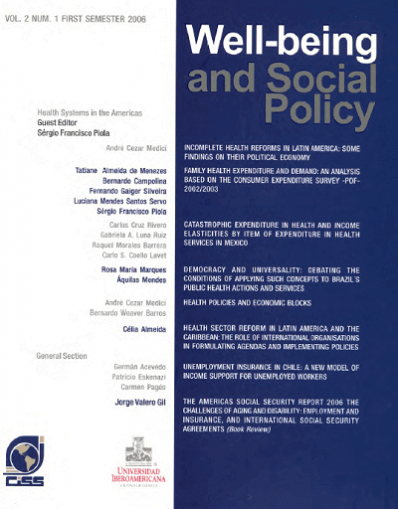
This paper reviews the determinants and conditionalities of the process of universalizing public health in developed countries, notably the European ones, and in Brazil, and is aimed at highlighting their differences. The first part discloses the main interpretations on the constructing of the Welfare State, emphasizing the characteristics of that historical moment and its articulation with prevailing accumulation standards. The second part is orientated towards understanding the conditions in which universality in Brazil’s health service actions has been defined, highlighting the fact that the general patterns of capitalism’s are no longer those of the post-war period. It emphasizes that the new environment interacts with and constrains the Brazilian trajectory, especially in regard to Federal Government actions, stressing inequality as an indelible feature of Brazilian society, which could be considered as an obstacle to enforcing universality in the country. Nevertheless, despite the impairments, there has been some uneven progress in the Brazilian population’s health status, achieved after the establishment of the Brazilian Unified Health System (Sistema Único de Saúde – SUS), notably through the Family Health Program (Programa de Saúde da Família).
